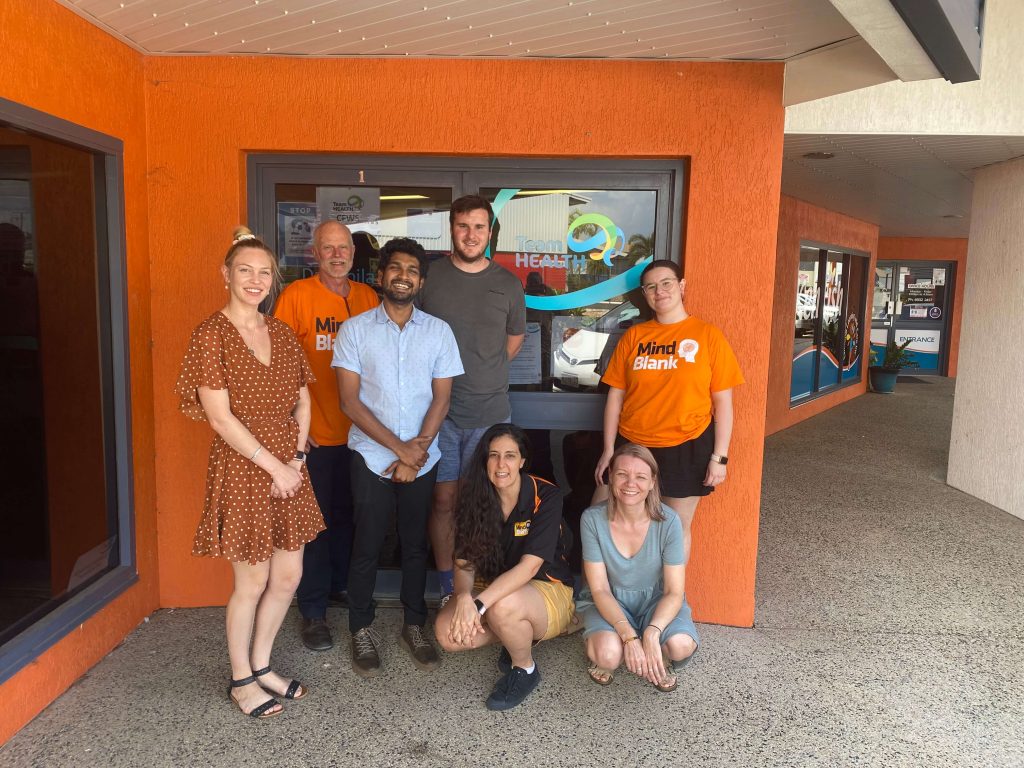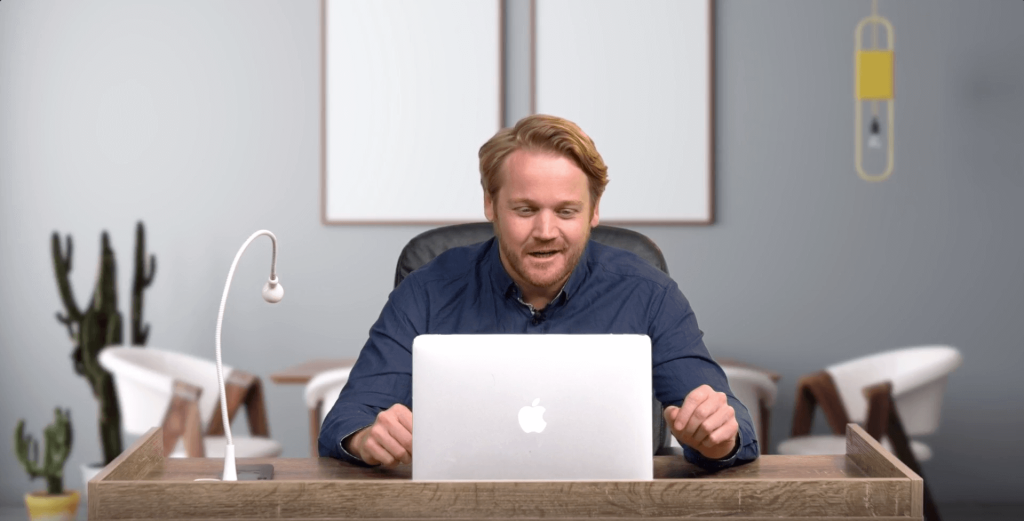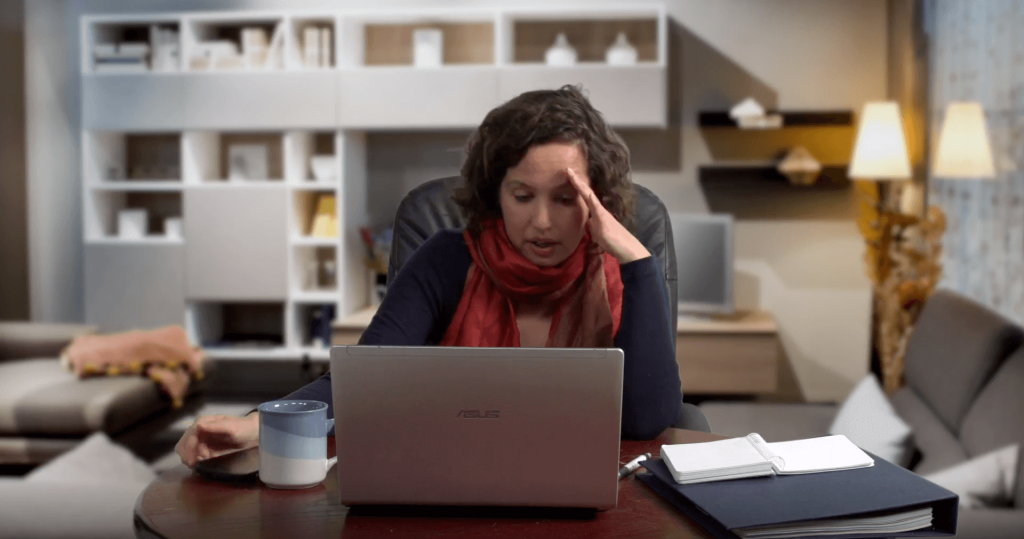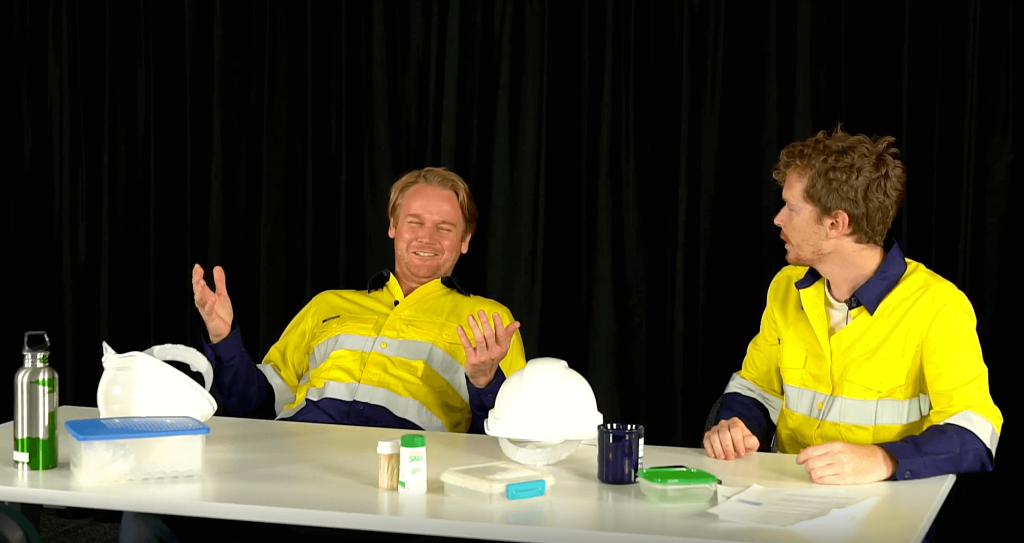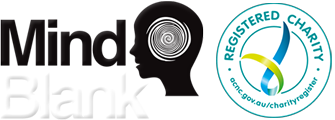It is an undisputed fact that many sectors at an occupational area at risk of work-related stress and psycho-social disorders amongst employees. Although Australian businesses remain well placed to deal with the economic shocks from the COVID pandemic, a large number of workers in the community have not been so fortunate.
A rise in work related stress, particularly amongst employees who deal with traumatised customers as part of their everyday workload has become apparent. Stress may come from servicing customers who are expecting unrealistic levels of support or from clients who did not quite get the service they were expecting.
Angry, argumentative or traumatised customers express strong emotions and these can trigger strong physical reactions in front line workers. Whether these emotions are expressed in person, over the telephone or in an email, the effect is the same. When such incidents are experienced regularly and repeatedly over time, they have a detrimental effect on the body and can eventually lead to serious physical and mental health issues.
Knowing the signs of acute stress in ourselves and our co-workersor employees is a good first step to helping stop a trajectory into burnout. Symptoms of stress are well documented and include – being easily agitated,feeling overwhelmed, experiencing low self-esteem, constant worrying, up set stomach, including diarrhea and nausea, increased use of alcohol, drugs, or cigarettes – the list goes on.
Ongoing training such as mindfulness classes, mental health first aide or courses on emotional intelligence can provide individuals with tools and strategies for self-care when dealing with difficult situations. Your workplace may even offer such activities during office hours. It is an essential first step to being equipped with wellbeing skills. It is however certainly not the end of the story given that we live in a competitive world where there are never ending deadlines and the ongoing invested interest of the pursuit of profits. So, what are some simple cost effective care strategies individuals can employ?
One of the most proven and effective ways of maintaining good emotional health is to connect with others talk it out. It’s so simple that it can be overlooked, however, if you share your concerns and stressors with someone if can release stress instantly. Keep an eye out for a good listener,as it is important to reach out to the right people who you trust that can actually support you. At work it could be an impromptu debriefing with respected peers after difficult client meetings. At home it could be a simple phone call with a friend. It is an easy and immediate first step toward combatting the accumulation of stress and has relatively little to no costs involved.
Regrettably, workers in the sector report feeling their career prospects may be damaged if they discuss their anxiety or mental health with co-workers and/or supervisors. The resulting culture of silence can severely impact the mental health and productivity of an organisation. Stigma of the sort will not be overcome overnight and will require a strategic plan and leadership buy in to prepare for a culture of wellness.
As an individual one of the best things we can do to minimise the mental health impacts of a stressful job is to schedule time for family, friends and social activities outside work. The demands and rewards that go hand in hand with working in the financial sector can be extreme and workers typically struggle with this work/life balance. Employees who are the happiest and most productive are those who set boundaries for themselves. Not responding to work texts and emails at home are one of the obvious but effective rules we can implement to help us maintain our work/life perspective.The use of structure and ritual to mark the beginning and end of the work day is not uncommon but becomes vitally important during the work from home exodus during COVID lock downs. Rituals are unique and personal. For some they lie in the commute, for others it’s simply a change of clothes or a walk or run before or after work.
Sharing your own coping strategies and ideas with peers and colleagues serves to not only pass on potentially lifesaving ideas and strategies for avoiding burnout, but goes a long way toward dismantling stigma and building a culture of open discussion about mental health in the work place.


